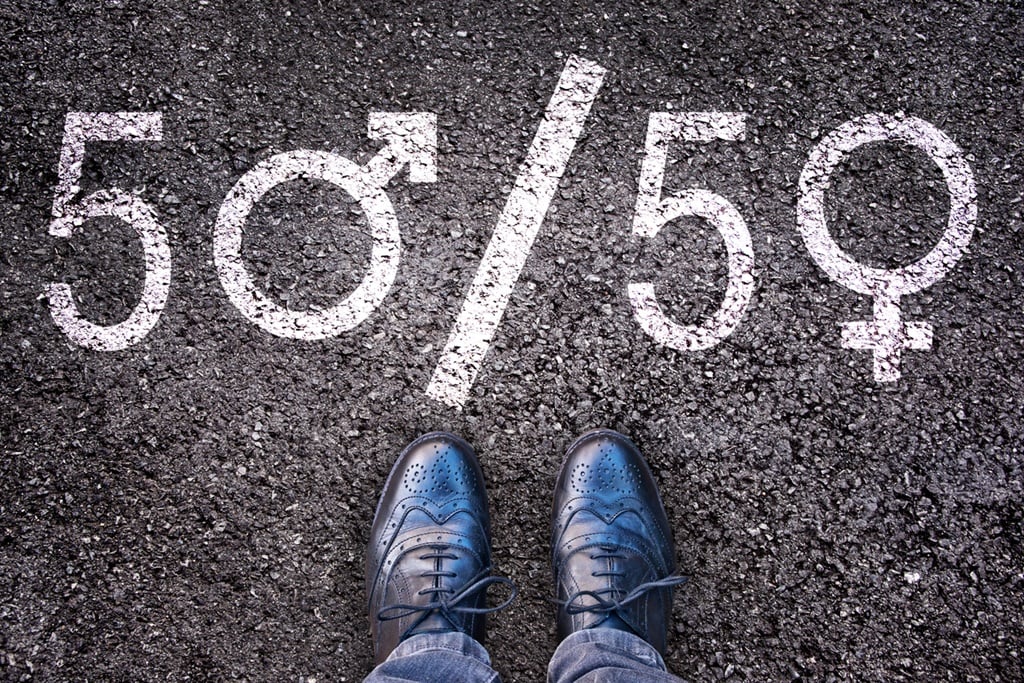
The passing of struggle icon Mama Winnie Madikizela-Mandela placed in focus more clearly the fact that the armed struggle for freedom was not carried out solely by a boys’ club.
While the international face of South Africa’s shift into democracy is decidedly male, history has not forgotten the role of women who organised themselves and agitated for change.
There are many occasions in history, other than the Women’s March of August 9 1956 in which 20 000 women marched to the Union Buildings in protest against the apartheid government’s proposed amendments to the Urban Areas Act, that speak directly to the power and impact women had towards a racially free South Africa.
As far back as 1913 in Orange Free State, black women in “urban locations” organised demonstrations against the apartheid state, trying to force them to buy new residence permits every month.
This campaign spread across the province and the country, forcing government to scrap the legislation.
In the years that followed, and with a raised political awareness and consciousness, black women initiated other uprisings, and launched anti-pass law campaigns.
Recognising the efficacy of their unified voices, women of all races formed the Federation of South African Women in 1954 to carry on the struggle against racial and sexual discrimination.
At its first conference, 146 delegates representing 230 500 women from all over South Africa gathered in Johannesburg “to discuss how to win social, economic and political rights, and how to make a greater contribution in the struggle to win freedom for all people of South Africa”.
The 1950s presented the world with a kind of female militancy that was unprecedented, and it is this militancy that significantly advanced the liberation struggle.
In his state of the nation address, President Cyril Ramaphosa declared 2018 as the year of Nelson Mandela and Mama Albertina Sisulu, one of the great daughters of South Africa and an important figure in our struggle history.
She dedicated her life to the fight to liberate South Africa, and to the emancipation of women.
Mama Sisulu is today regarded a stalwart, in part due to her passionate mobilisation for gender equality.
She became the first woman to be arrested under the General Laws Amendment Act, which gave the apartheid police the power to hold suspects in detention for 90 days without charging them.
MaSisulu was placed in solitary confinement for almost two months, while the police psychologically tortured her with false information about how her children and husband were deathly ill on the outside.
While it would be disingenuous to say there have been no positive strides made in affording women a sense of equality with their freedom, there is still concern that when one looks at the mission statement of 1954’s Federation of South African Women conference, you find elements that are still relevant to this day.
This is a clear indication there’s much work to be done to fully emancipate women in South Africa.
National Freedom Day affords the nation a chance to reflect on our past and all it took to get us to where we are today.
We are reminded of the formations that played their part, and acknowledge the bravery of their sacrifices.
When it comes to the incredible role women played in the fight for freedom, one realises the best thing we can do is to borrow the principles they employed, and use these to empower women in even more meaningful ways in the current context.
We need more campaigners like Pakistani activist Malala Yousafzai, whose advocacy for education for the girl child is a call that has rung all over the world.
Back home, meaningful gender equality means looking into areas such as mainstream economic inclusion for women, education, information sharing and skills transfer, access to funding for women-owned businesses and disrupting patriarchal practices that still run rampant.
Only then will our freedom be richer.
Mkhize is national convenor of the Progressive Women’s Movement of South Africa. PWMSA has committed to the advancement, empowerment and emancipation of women to achieve gender equality in economic, social, political, cultural and personal dimensions




 Publications
Publications
 Partners
Partners








